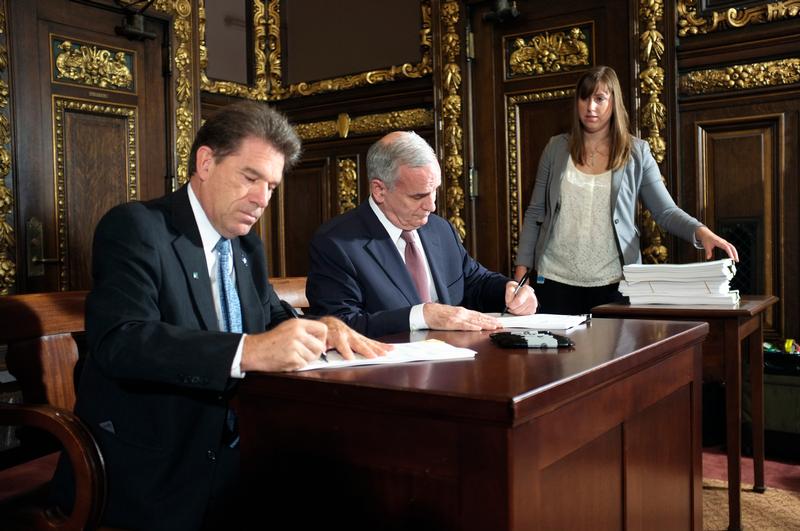Massive Changes To Minnesota's DWI Laws in 2017: Part II

As of July 1, we'll have access to the "prescription drug defense" for DWI license revocations (I bet Tiger Woods wishes he'd have been arrested in Minnesota . . .) and we'll also have an extra thirty days to file Implied Consent Petitions challenging those license revocations.
But the biggest change coming into play this summer has to do with blood and urine tests. The law starts out great -- mandating search warrants for all blood and urine tests, just like the Supreme Court requires. However, things then get interesting, because the State of Minnesota is now going to try and revoke a person's driver's license under the "Implied Consent" law after getting a search warrant (which requires no consent at all). Currently, the only way a driver can lose their license after failing a blood or urine test is if they are ultimatly convicted of DWI; after these changes, they'll lose their license as soon as the sample is tested, and maybe before they've even had their first court date.
Does that seem like a Due Process violation to you? Penalizing someone who is "presumed innocent" without a court date? It was not as much of a concern under the old "implied consent" law . . . but it's a much, much bigger concern when law enforcement are using the criminal process (search warrants) to obtain evidence.
Under the new law, the judicial review process is still roughly the same as it used to be before the courts determined that blood and urine searches were protected by the Fourth Amendment. While there appears to also be a procedure in place for challenging the validity of the warrant, we have yet to see if that procedure is as strong as it is in a criminal case. We'll also need to wait and see how the court's treat a situation where a person refuses to submit to a blood test due to fear of needles, or refuses to submit to a urine test due to privacy/religous concerns, yet agrees to submit to an alternate test (under the "old" law drivers could refuse one or the other, just not both).
But for now, the best advice is to comply with any blood or urine test obtained pursuant to a search warrant, and leave the actual fighting to the lawyers in court.

